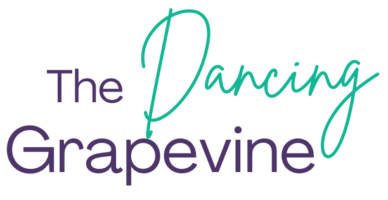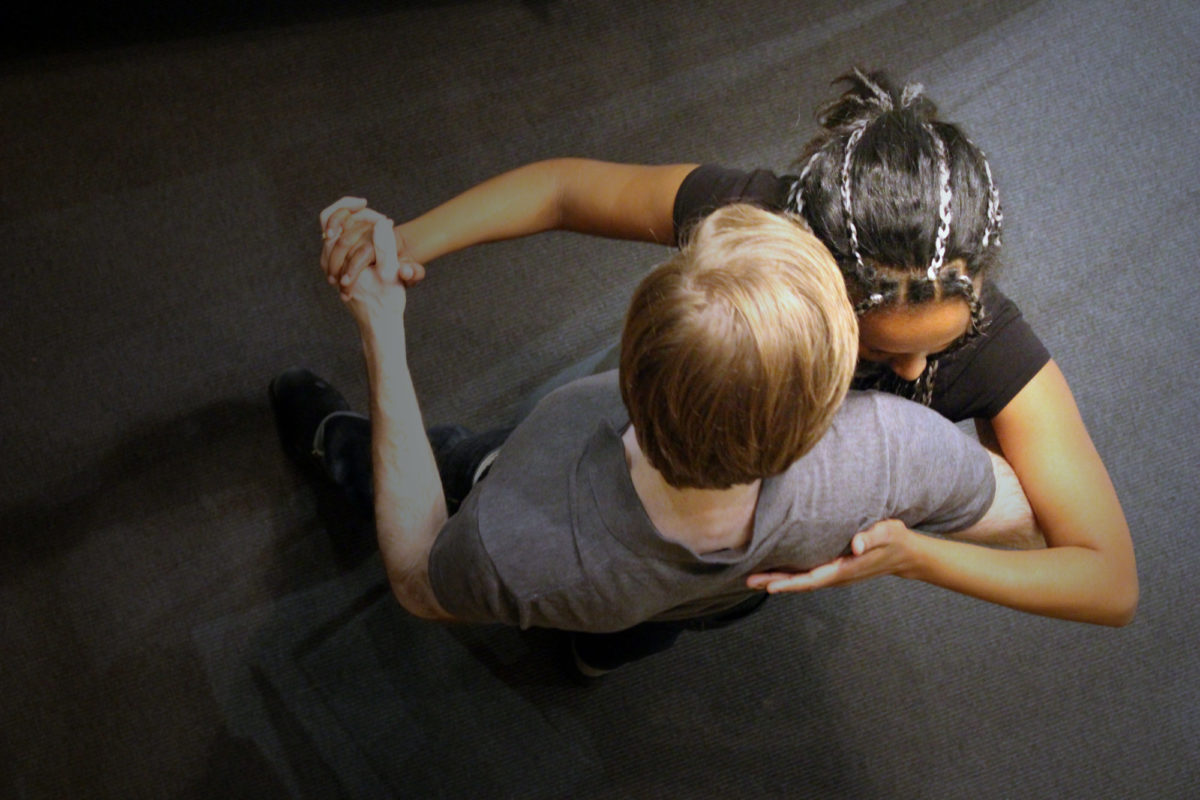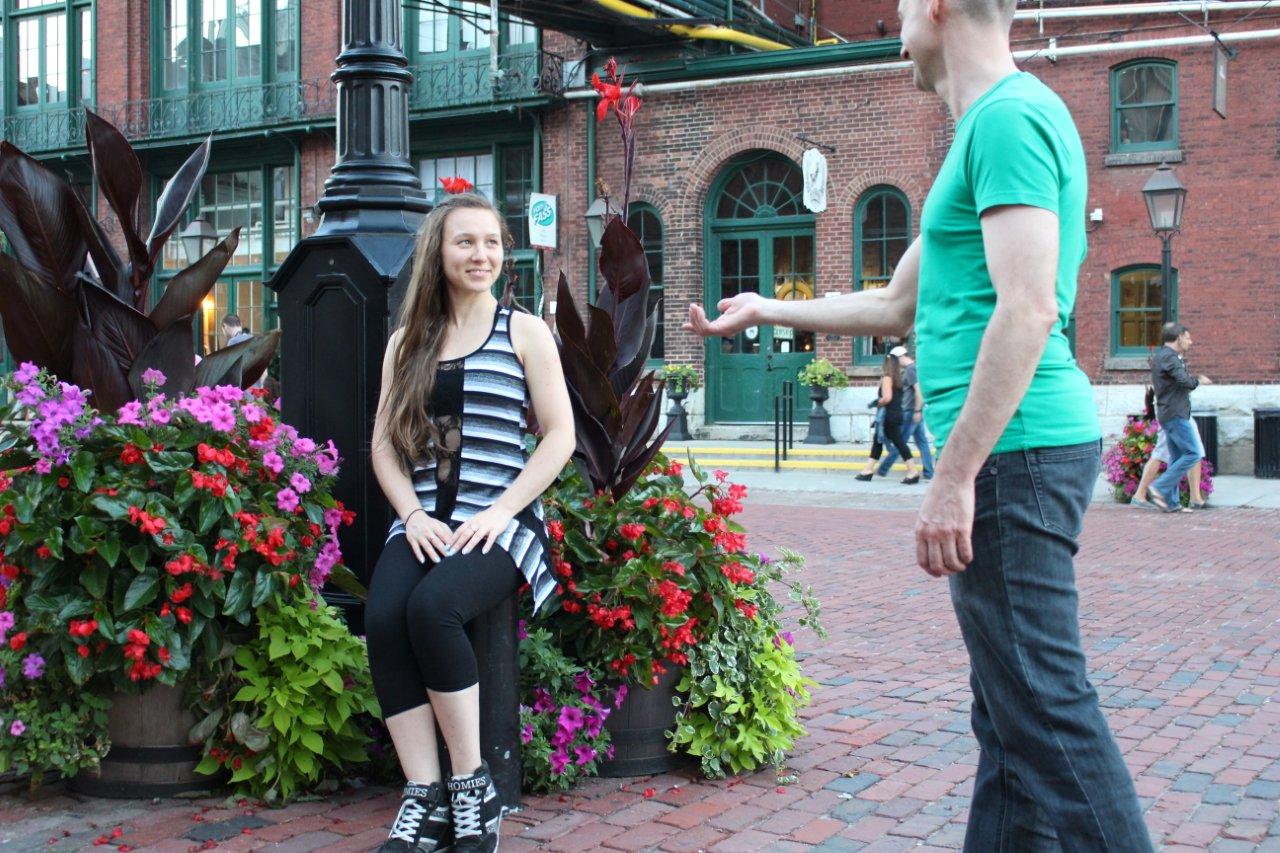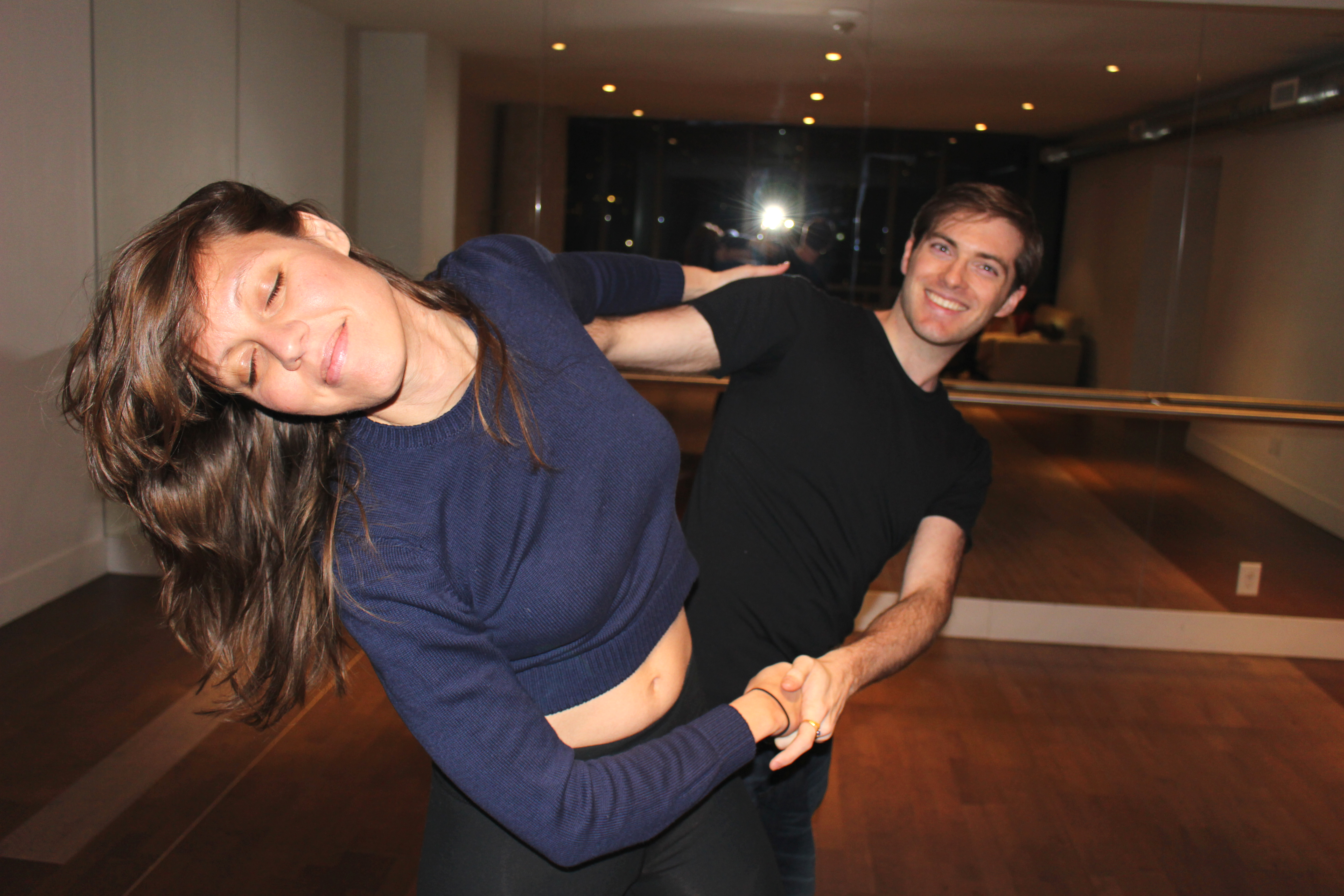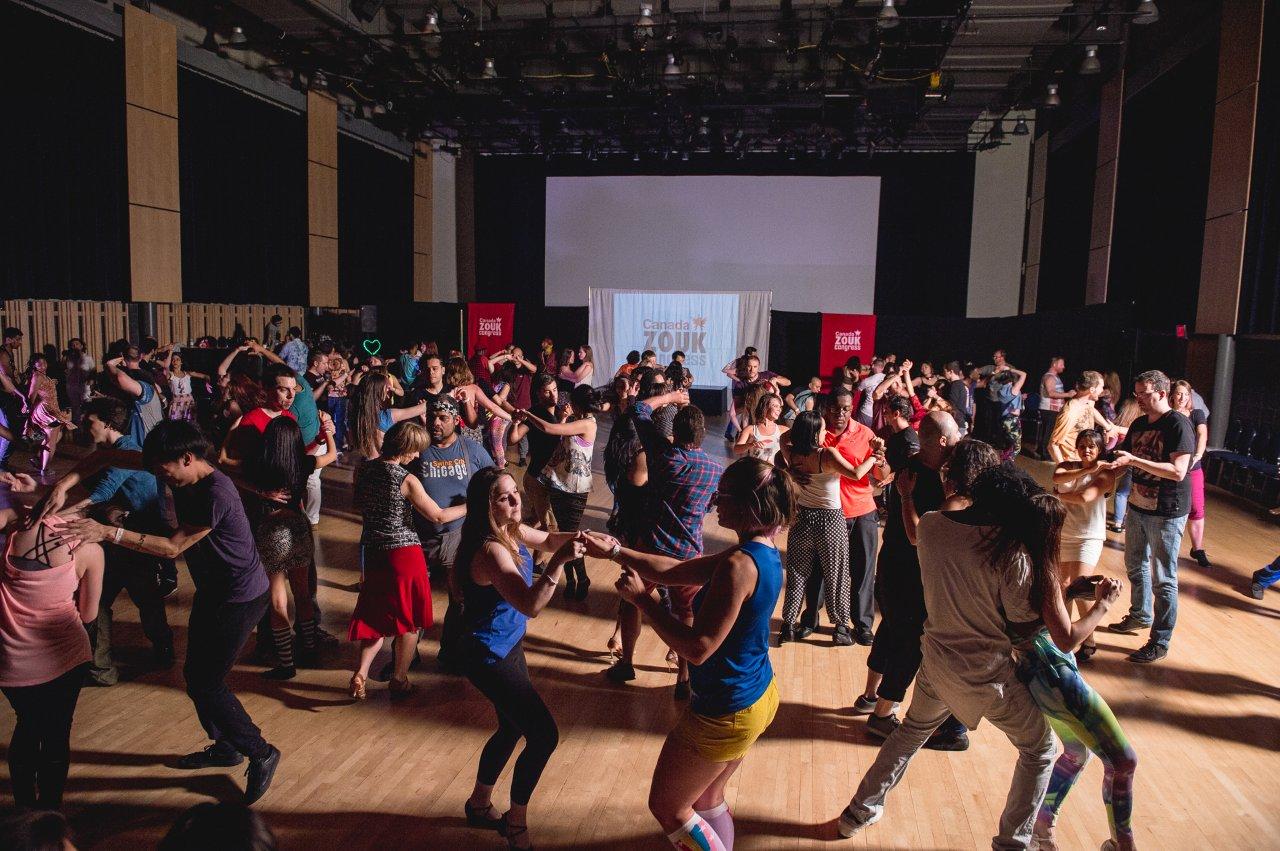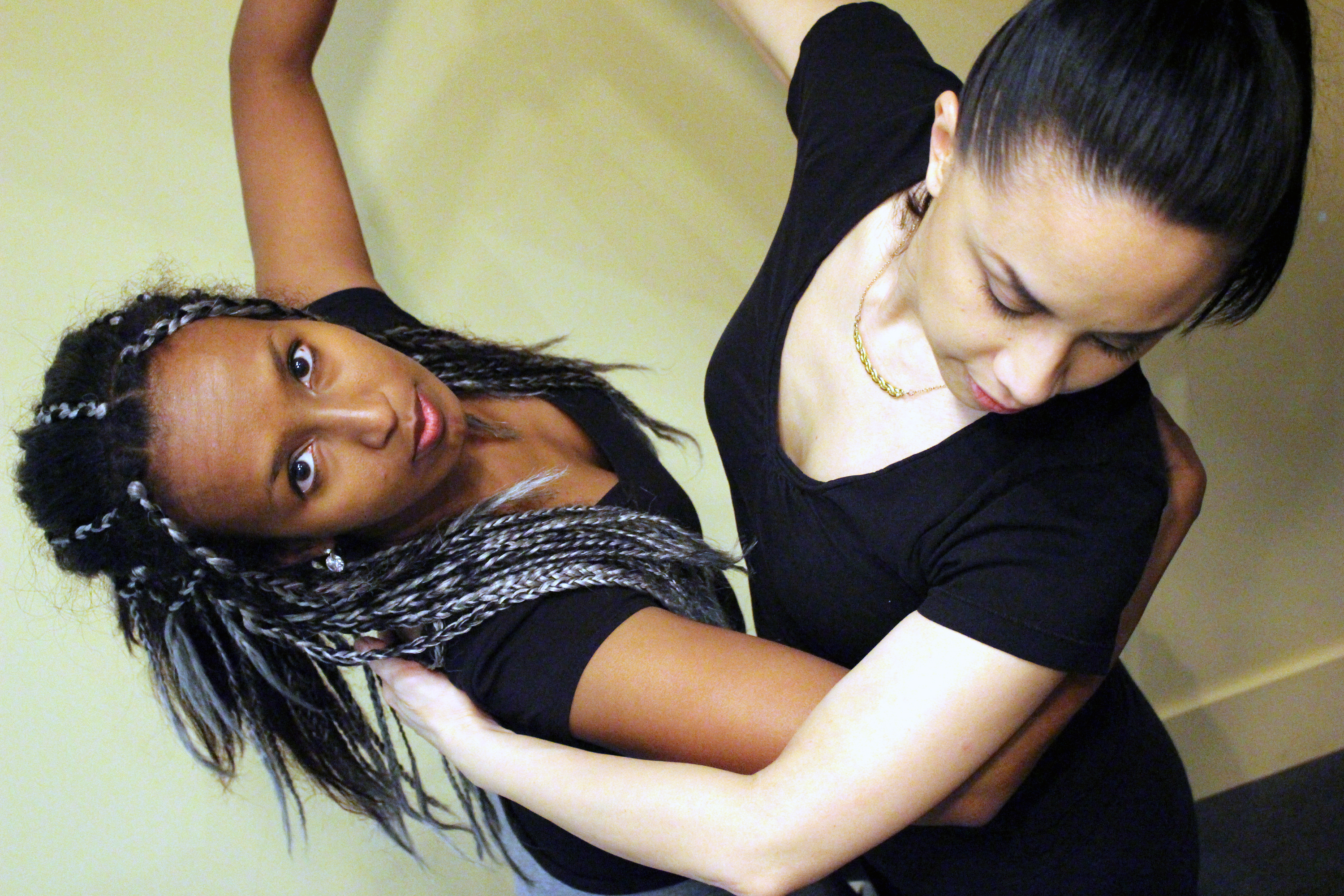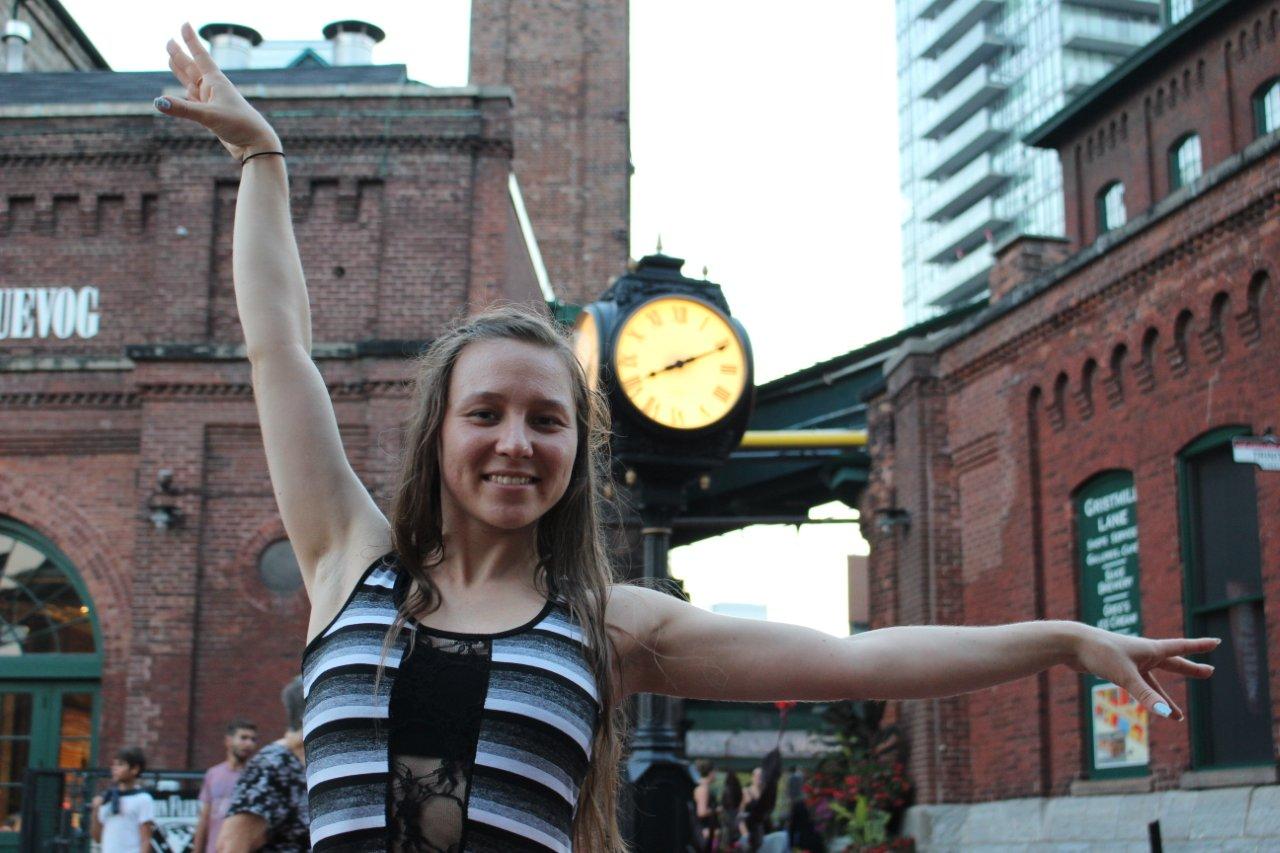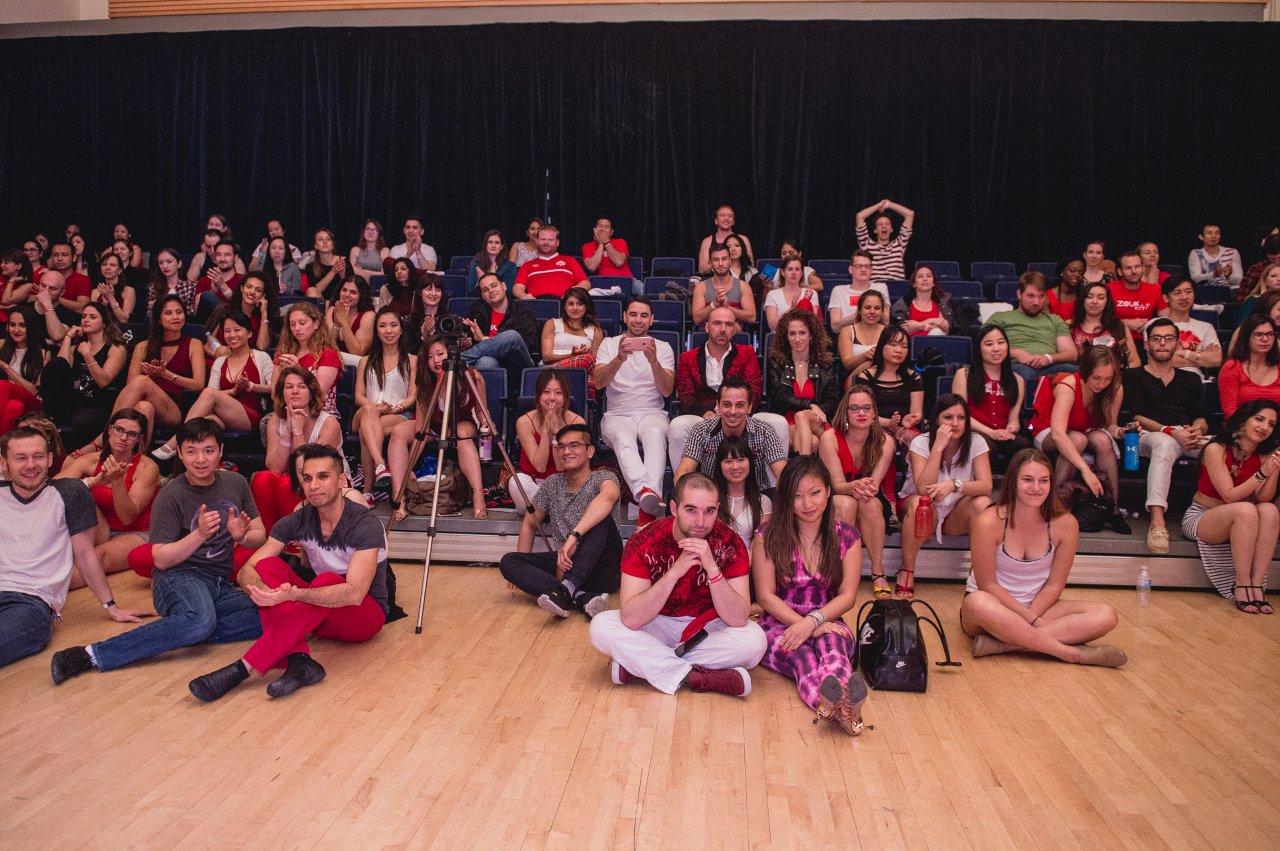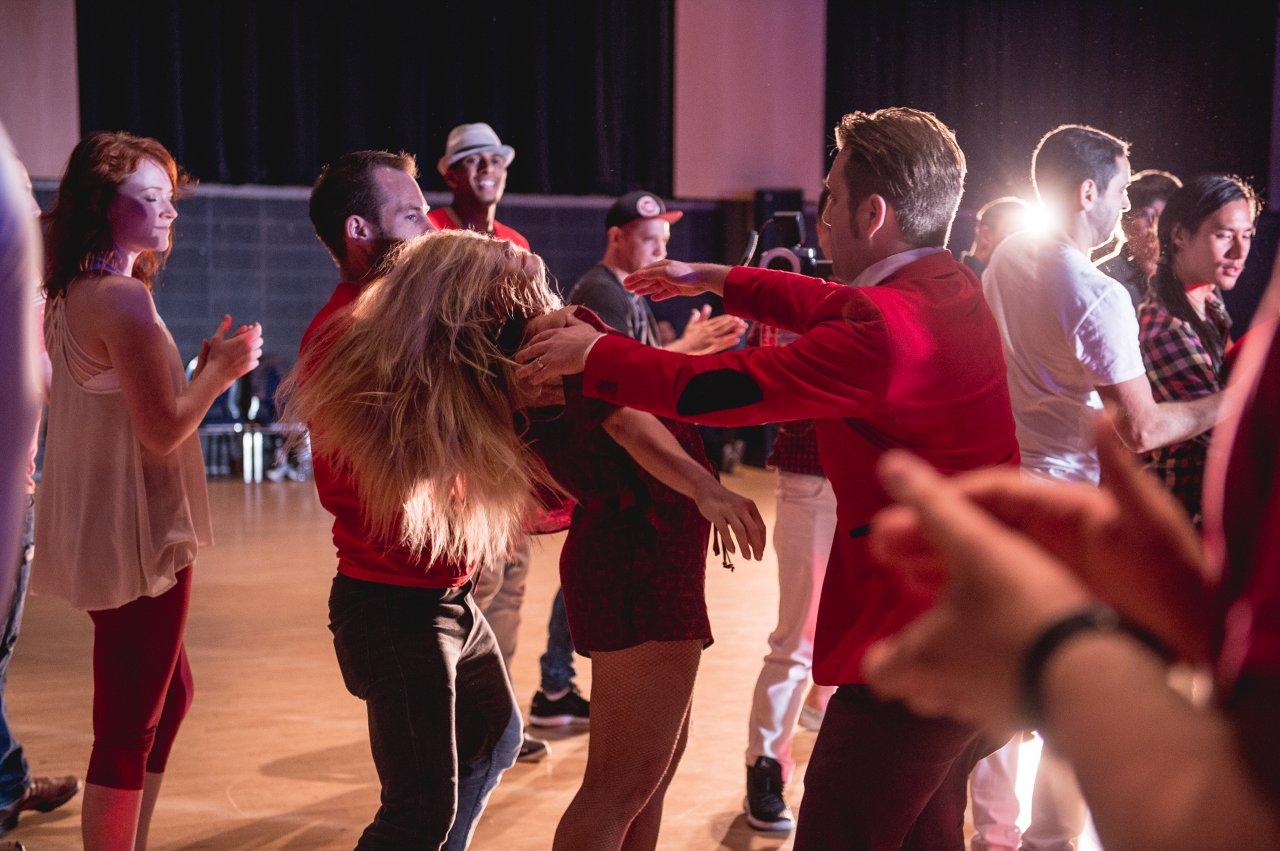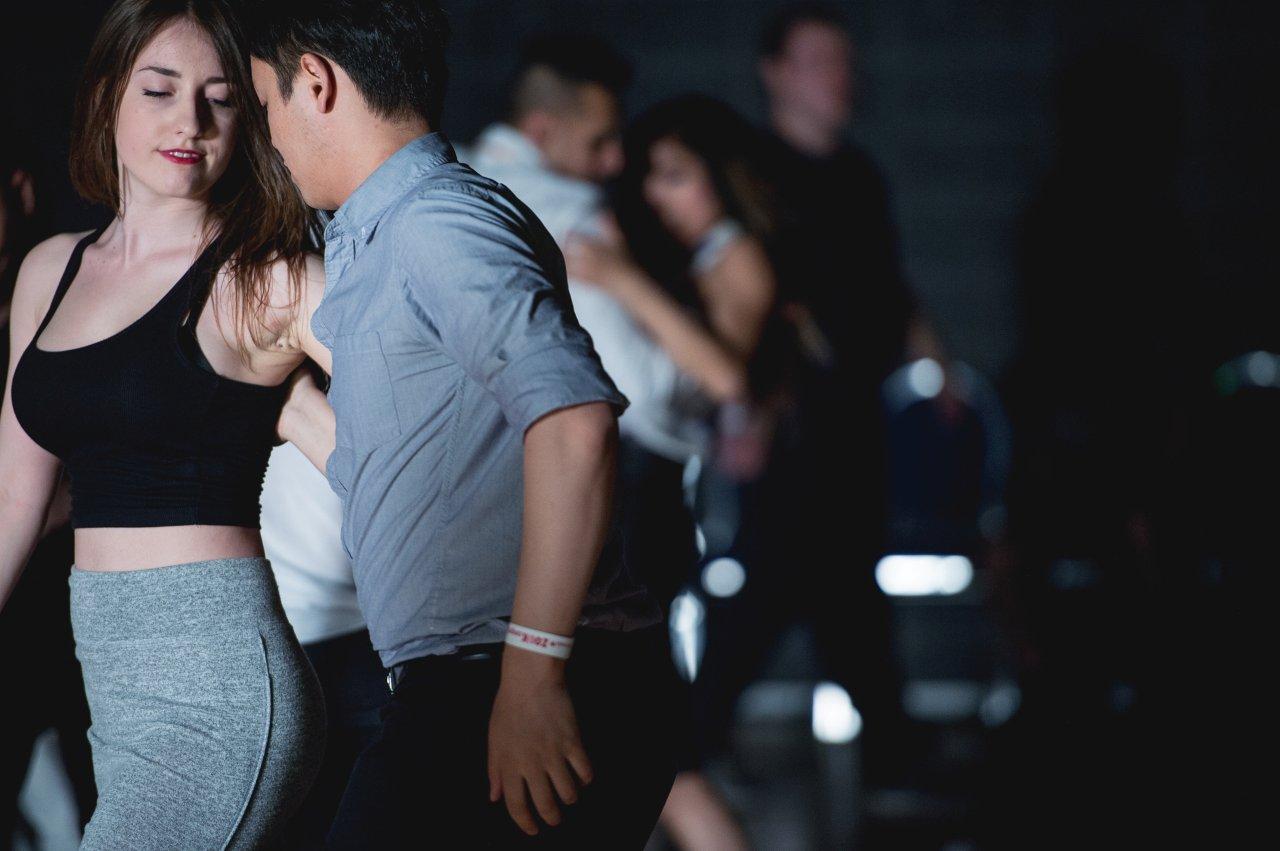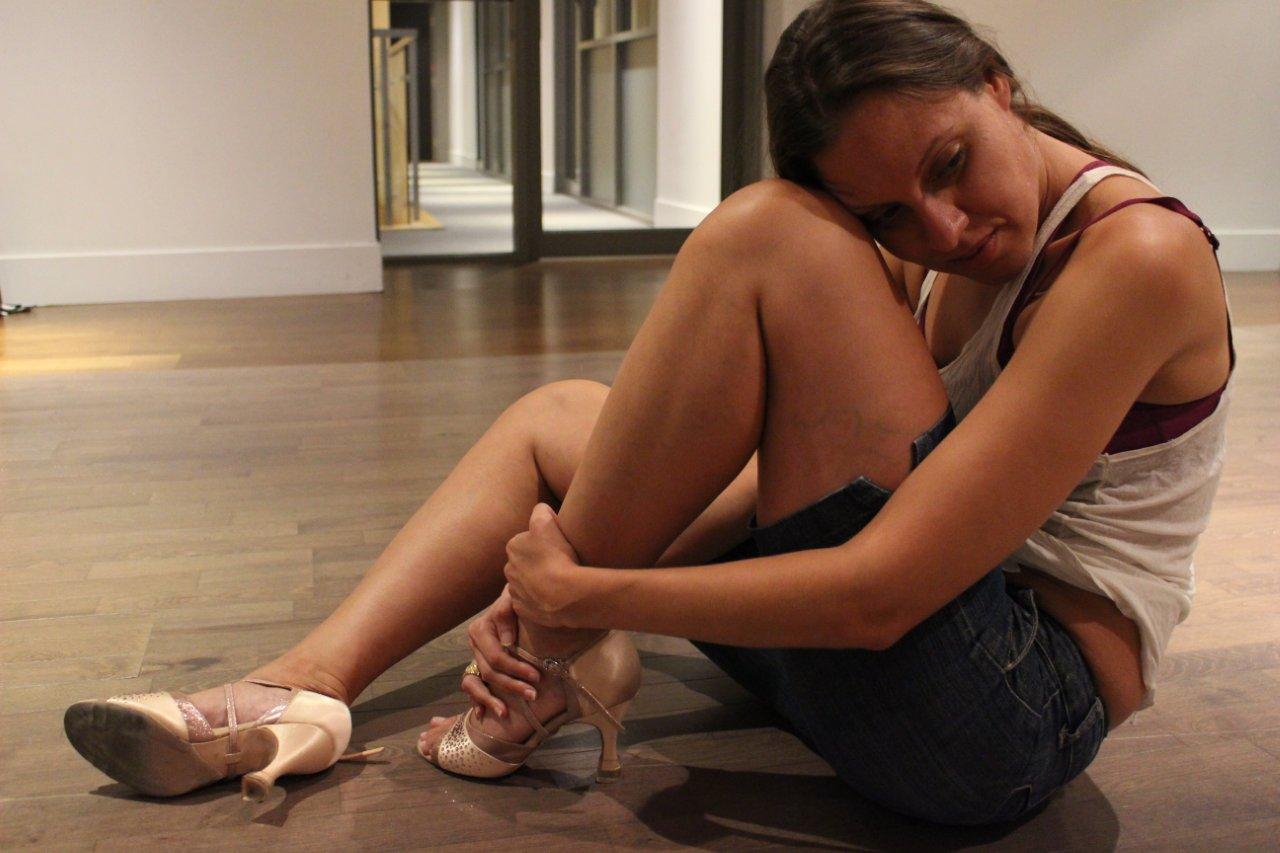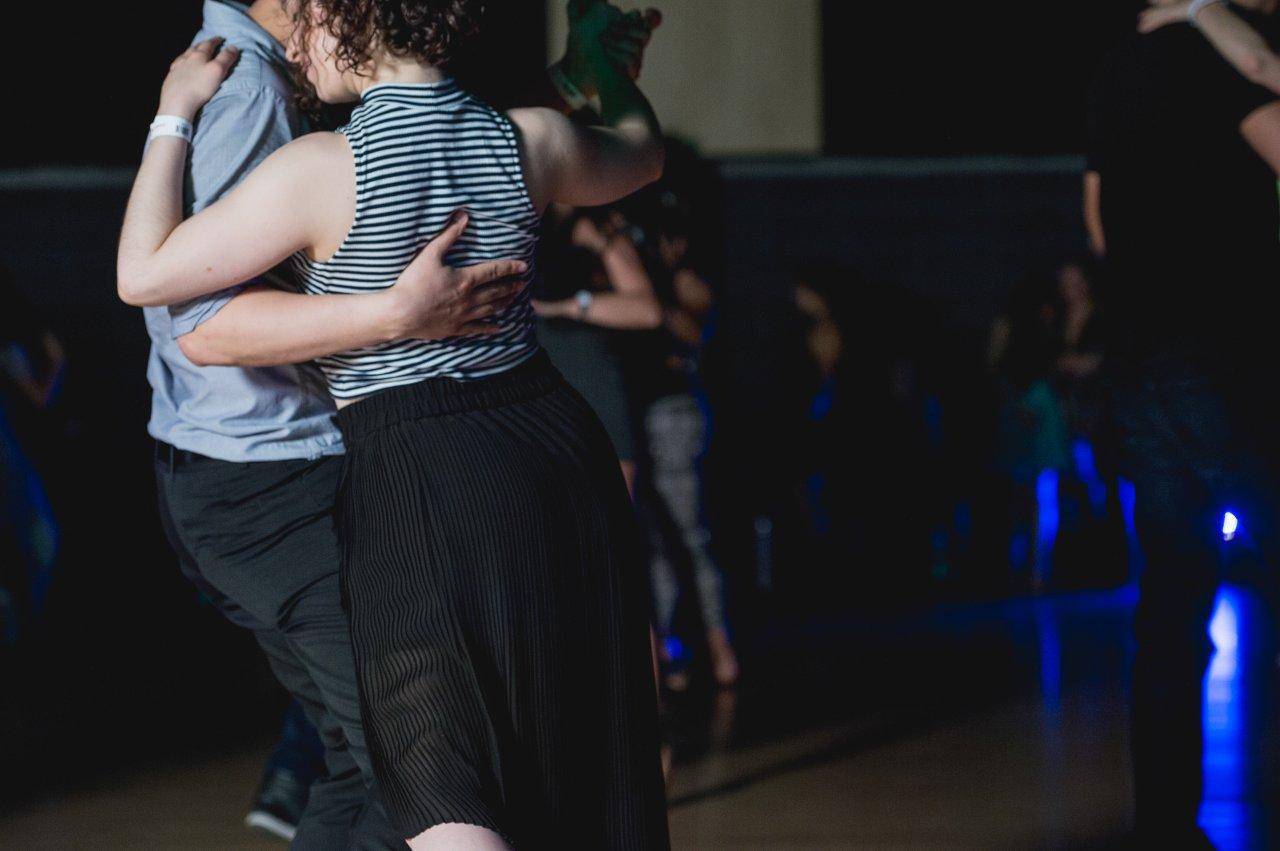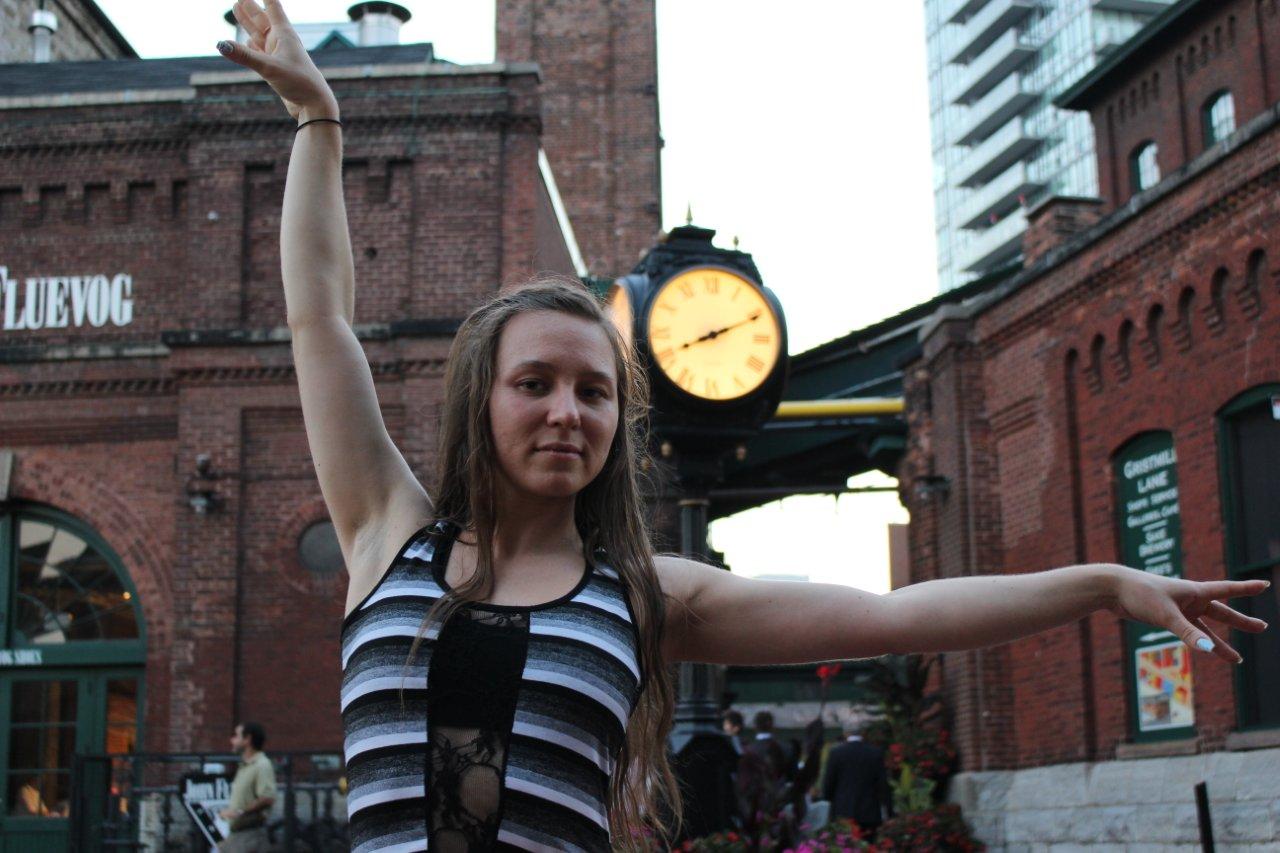Have you ever had an unpleasant dance? Maybe your partner squeezed your hand too hard. Maybe they were generally off-time and a bit rough. What did you do? Did you fix your face into an unsatisfied scowl to teach them a lesson? If you did, you have engaged in what I call passive-aggressive feedback. What is passive-aggressive feedback Passive-aggressive feedback is when a dancer uses body language (or, in extreme cases, even words) to indicate to their partner how unhappy they are with the present situation, but does not offer any constructive information as to what the issue is or…
-
-
A while ago, I wrote an article about the many reasons that professionals don’t always social dance. However, beyond that, there seems to be a fundamental disconnect both in how advanced dancers treat newer dancers, and the way that new dancers treat their dance idols. In many places, this has led to a strange dynamic where advanced dancers almost shun newer ones, while new ones create dance queues and demonize advanced dancers who are not super generous in their dances. As a social dancer in some styles and a professional in others, I’ve been on both sides of the divide.…
-
Some of us complain that when we go to big events, congresses or festivals, we have a hard time getting dances. This specifically seems to affect solo travelers more than those coming with a large local group. These experiences can lead to us feeling deflated, insecure, and disillusioned. In some cases, it can even negatively colour the entire event experience. Others (particularly those who travel frequently) end up largely dancing with the same pool of desired and known partners. While this can be fun, it can also eliminate possible fantastic new partners. It also misses out on the thrills of bringing newer,…
-
Question: What do all the following scenarios have in common? A follow is encouraged to walk off the floor if their lead unintentionally executes something rough. The lead is also called an “idiot” by the advice-giver. An advanced dancer is told that they’re selfish for dancing several times with their favourite dance partner. A scene leader is told that they’re self-centered for not giving more to their community. A girl gets rejected for dances because she wore something “too revealing.” A lead gets excluded from a social dance competition because he’s not “devoted to dance enough” for a competition where follows vote…
-
Beginners are one of the most important parts of a growing dance community. They’re our future. But, if you look at the beginners in any scene, you’ll notice a few patterns: there are types of beginners. Not everyone falls neatly under one “type.” Most will have facets of several of the categories below. 1. The Terrified One You see them at socials. But, they barely dance. They may even reject dances with you, because they’re so scared of putting themselves out there. If you do manage to get them onto the floor, they may apologize for how “bad” they are.…
-
Social dancers tend to covet the idea of becoming an advanced dancer. When beginners first start out, they ask “how long will it take for me to be an advanced dancer?” (Answer: depends completely on your skills, how seriously you take it, and how willing you are to learn.) Meanwhile, the advanced dancers in the scene are frequently sought out for dances. Depending on the genre, maybe multiple dances. Newcomers look up to them, intermediates want to be them, and fellow advanced dancers treat them with a sense of camradarie. It’s very easy to see that some things change when…
-
It can be very hard to stay calm when you meet an arrogant dancer. Their “I’ve got this” and “I’m awesome” mentality can be grating for partners. Very often, arrogant dancers get conflated with dance snobs. But, I feel the two are different. Whereas snobs are consumed by how crappy everyone else is, arrogant dancers are generally preoccupied with keeping up their own reputation. The difference between dance snobs and some ‘arrogant’ dancers The dance snob tends to focus on why everyone else sucks. They may roll their eyes at beginners, accuse others of not working hard enough, and more. Their focus is on how…
-
It’s been a while since I got a very hard, blunt ‘No’ from a dancer. This weekend, I got to re-experience one when I moved outside my normal genres. I approached a guy who was sitting next to the dance floor. I asked him to dance. He looked me dead in the eye and said “no.” Which is fine; he doesn’t owe me a dance. And, I have no reason to need an explanation for the ‘no’. But, the manner of this particular ‘no’ actually made me think it was sarcastic at first. He looked me dead in the eye with a scowl…
-
If you identify as an advanced dancer, remember that with great power comes great responsibility. (Yes, that’s incredibly corny. No, I don’t regret it.) When you become an advanced dancer, the superpower you gain is your awesome dance skills. You can use those skills to further your own pleasure and gain by holding them back from the newer dancers below you. Or, you can give those skills freely to the new dancers waiting to be inspired. “Waiting” to be inspired I say waiting to be inspired for a very specific reason: most newer dancers aren’t actually “inspired” by the dance…
-
Yesterday, I published an article about why some artists may not social dance all night at parties. Several dancers responded, and said they felt it was a near-mandatory part of an artist’s job because social dancers are their “employer”. Some also felt that it wasn’t an obligation, but not social dancing makes you a ‘dick’. Others stated that since it can be a highlight for attendees, artists should do it. I can understand where these feelings come from, but this is why I disagree with these ideas. “Social Dancers are the Artist’s Employer” Social dancers are not the employer. I know…
-
Many social dancers go to events for the opportunity to dance with their favourite pros. In some places, the most sought-after dancers can have a line-up of people waiting for their “3-5 minutes of heaven”. But, there are some pros who social dance very little – or seem to social dance ‘too much’ with other professionals. Are they breaking a rule? Should there be a ‘requirement’ or ‘expectation’ that a professional social dance as much as possible -and with everyone at an event? My answer? Usually, no. Which pros are we talking about? This article is primarily directed towards the ‘top tier’ of…
-
In many Western cultures, the idea of the 7 Deadly Sins is a common way we frame undesirable attributes. They capture habits that are easy to fall into – but may create havoc in our personal or professional lives. In dance, we have our own ‘Sins’ that can sabotage our dance experience. Some of them are primarily interpersonal problems; they affect our relationships and reputation. Others are primarily personal; they affect our own internal experience – and can even cause us to leave dance forever. Lust The dance sin of Lust is using social dancing solely as a mechanism to make…
-
In dancing, there are three stages where most dancers deal with deep feelings of frustration or apathy – and sometimes even leave the scene. Some dancers get stuck in these for a long time – while others may only spend a short time there. But, it’s rare to bypass a stage completely. I call these stages the three circles of Hell for dancers: Beginner’s Hell Plateau Purgatory Snob Inferno Circle 1: Beginner’s Hell Beginner’s Hell is what happens when you first start learning a dance – but nothing quite works yet. It’s also the only hell a dancer will always encounter each time…
-
Many social dance styles are increasingly putting more emphasis on the development of technical proficiency. This is great on several levels. It prevents injury, raises the level of dancing, and keeps upper-level dancers engaged. It promotes artistry and interpretation. It’s a conduit for dance growth. But, it runs the risk of shutting out people who definitely deserve to be a part of our communities. I recently read a Tango-based article that opens with the sentence “When people really get into tango, it becomes fairly evident that group classes and a few private lessons aren’t really enough.” Enough for what? Unless my…
-
I want to tell you a true story. It’s the story of a woman who said no to a man when he asked her for a dance. She had never met him before, and didn’t want to dance with him at that time. The man was a bit hurt. He felt he had been judged prematurely. He felt that he had been looked up and down, and declined because he didn’t ‘look’ like a good dancer. He decided to never ask the follow to dance again.
